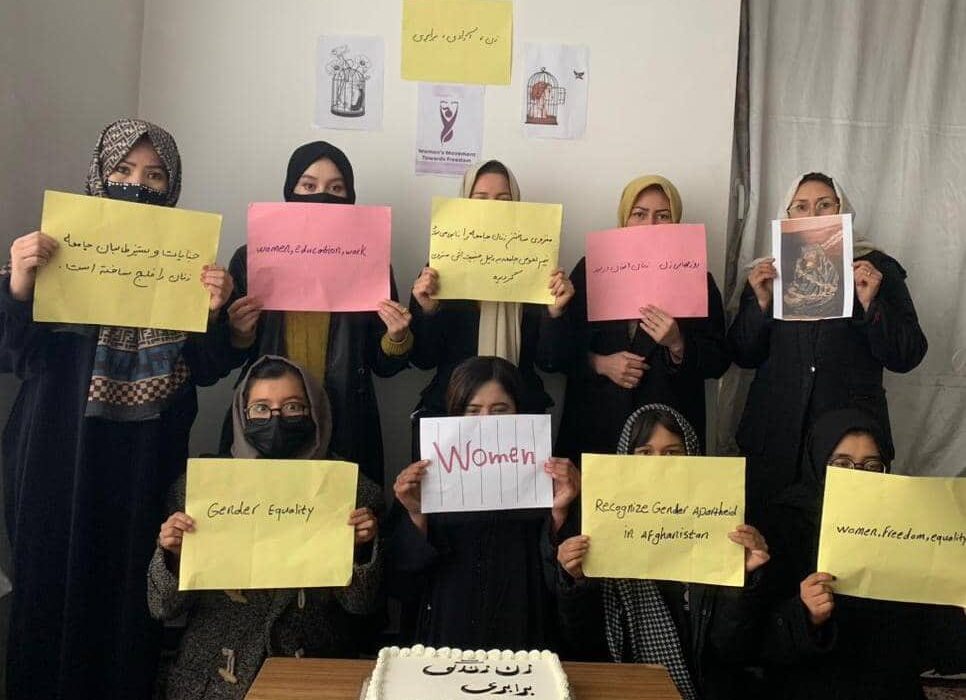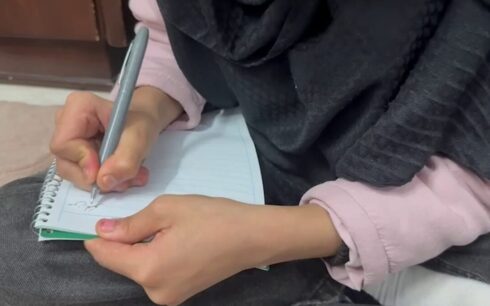A coalition of 90 human rights and civil society organizations has called on the United Nations Human Rights Council to formally recognize and address “gender apartheid” in Afghanistan under Taliban rule.
In an open letter released on Thursday, the organizations urged the Council to renew and strengthen the mandate of the Special Rapporteur on the situation of human rights in Afghanistan, ensuring it is equipped with sufficient resources.
They also pressed for the creation of an independent international mechanism to investigate human rights abuses and preserve evidence for future accountability efforts.
The letter calls on the Council’s Member and Observer States to stand in solidarity with the Afghan people and ensure that victims, survivors, and their families have a genuine prospect of justice.
“In the past three years, the Taliban have completely reversed measures previously adopted to enhance the promotion and protection of human rights in Afghanistan,” the letter states. “The Taliban, as the de facto authority, have spurned Afghanistan’s international obligations and have continued to impose arbitrary, unlawful, and wide-ranging restrictions on human rights.”
The letter highlights the marginalization of religious and ethnic minorities, including Shias, Ismailis, Sikhs, and Hindus, who it says are prohibited from practicing their religious and cultural ceremonies under Taliban rule.
The organizations urged the Council to take immediate action, renewing the mandate of the Special Rapporteur and establishing a mechanism with a mandate to investigate ongoing violations of international human rights law. The proposed mechanism would have a broad scope, with tasks ranging from gathering and preserving evidence to identifying perpetrators and ensuring accountability.
Among the recommendations for the new mechanism are provisions to investigate crimes such as gender persecution, to consider the impact of violations on women, children, and minorities, and to ensure that evidence is systematically recorded for future legal proceedings.
The letter calls for the mechanism to be staffed by independent international experts with expertise in areas such as international human rights and humanitarian law, armed conflict dynamics, and sexual and gender-based violence.
The appeal comes amid mounting concern over the Taliban’s policies, which have severely curtailed the rights of women and marginalized communities in Afghanistan since the Taliban’s return to power in 2021.





